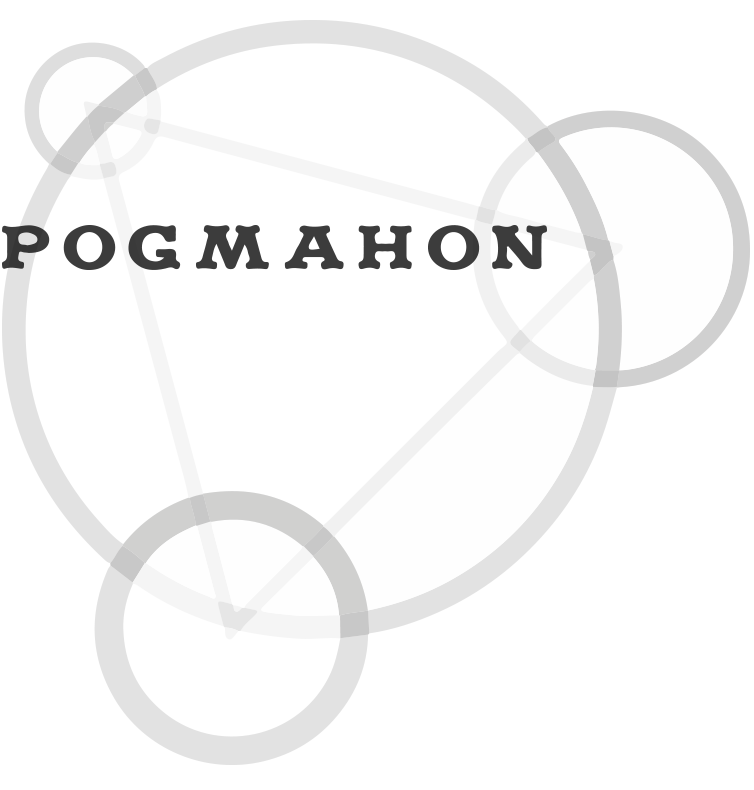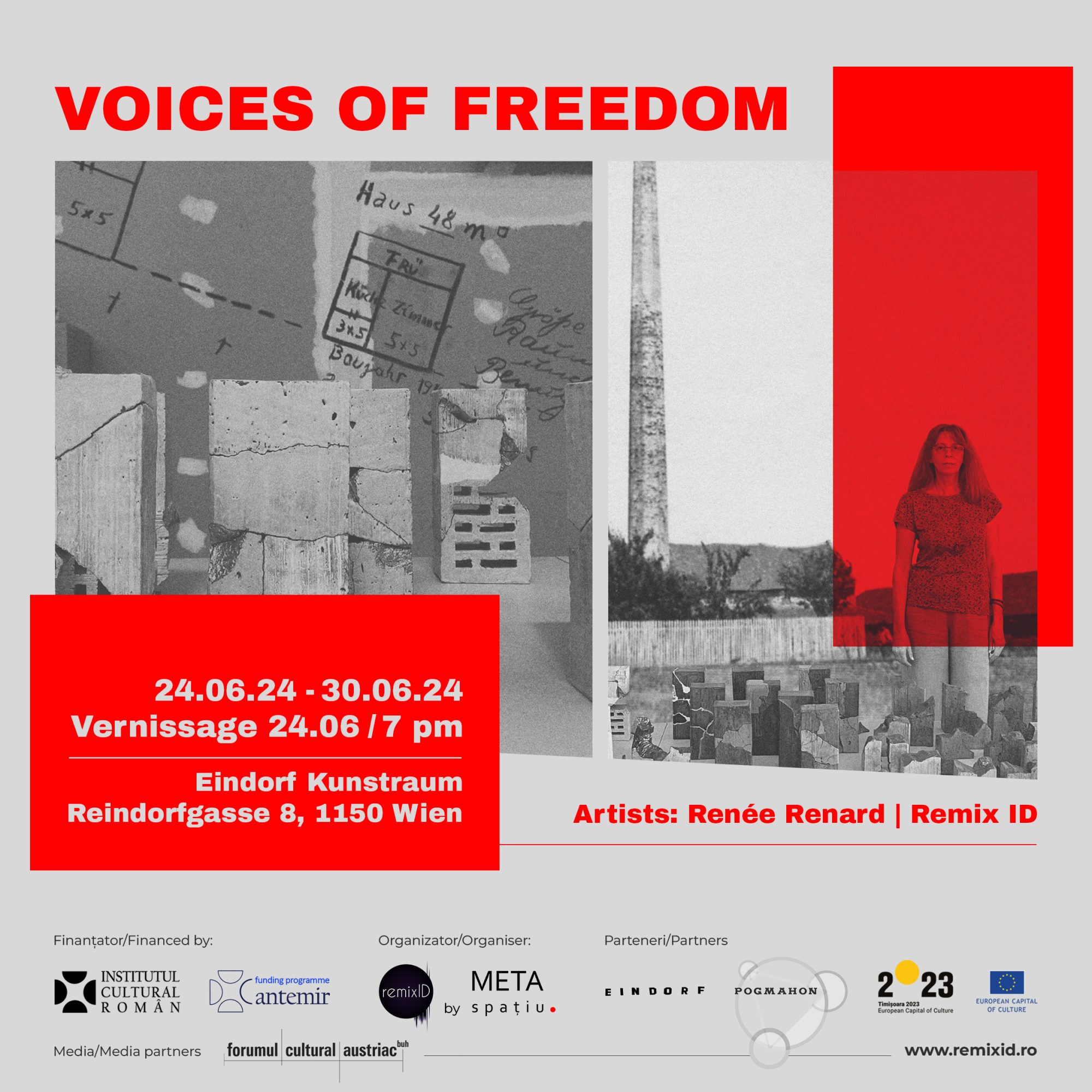remixID Vienna
On the occasion of remix ID Vienna
Artistic Director Olga Torok
Curator Mirela Stoeac-Vladuti
Co-Curator Denise Parizek
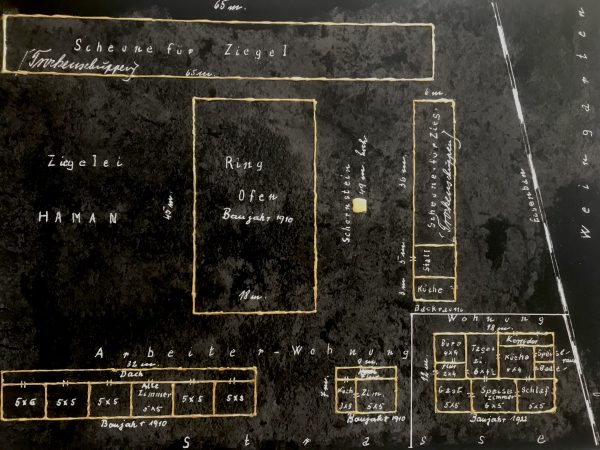
Exhibition
Vernissage 24.6.2024
Open doors 6 pm
Opening speech by Olga Torok 7 pm
Workshop for children 6 pm
Artist Talk & Guided Tour by Renée Renard
Renée Renard 27.6.2024 7 pm
Guided Tour by Mirela Stoeac-Vladuti 28.6.2024 6 pm
Lecture by Christian Vicol 29.6.2024 11 am
eindorf, Reindorfgasse 8, 1150 Vienna
Pictures of the exhibition
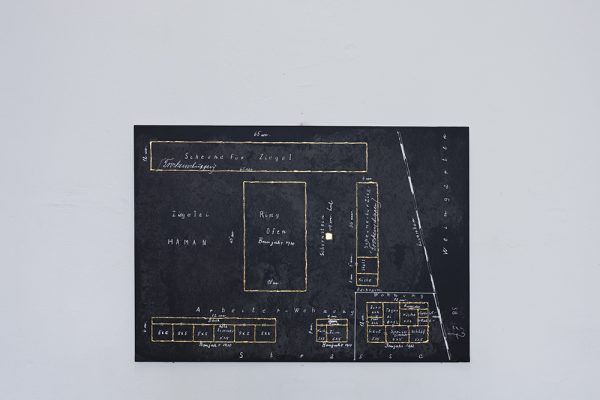
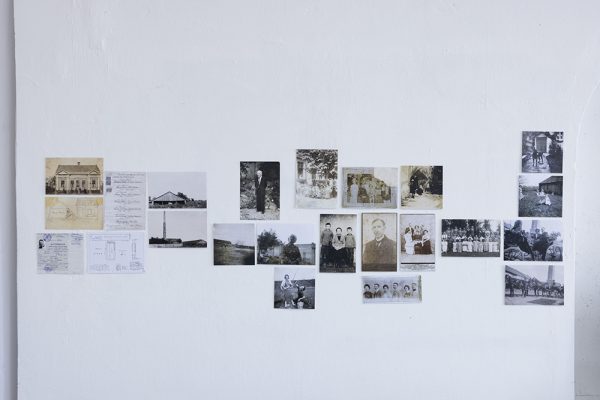
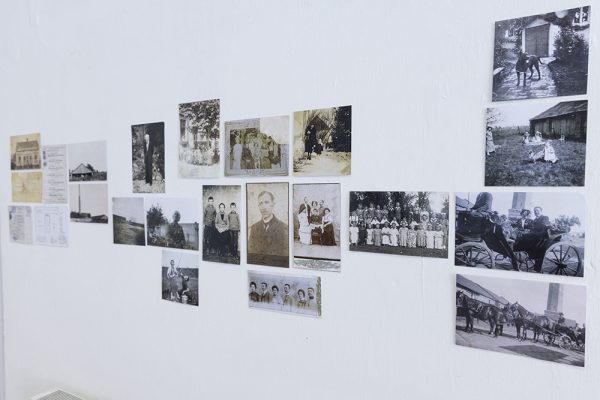
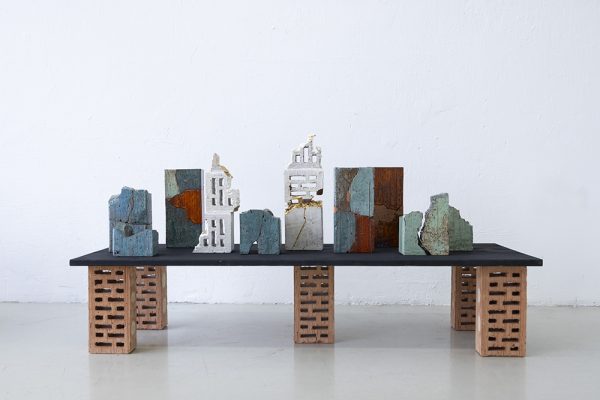
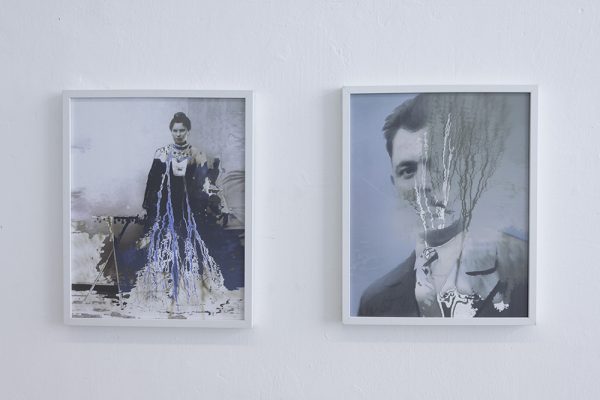
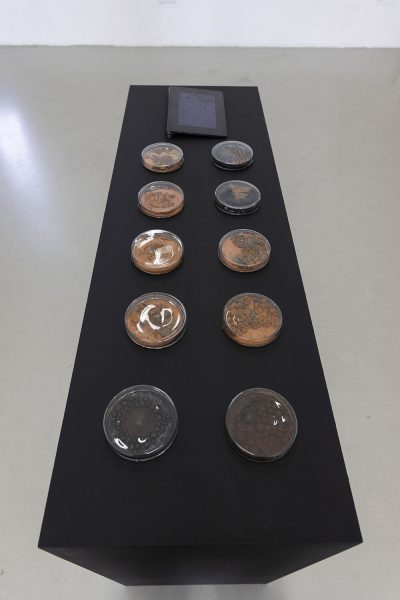
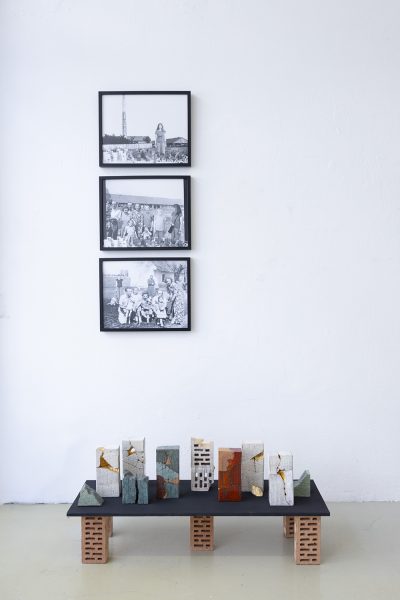
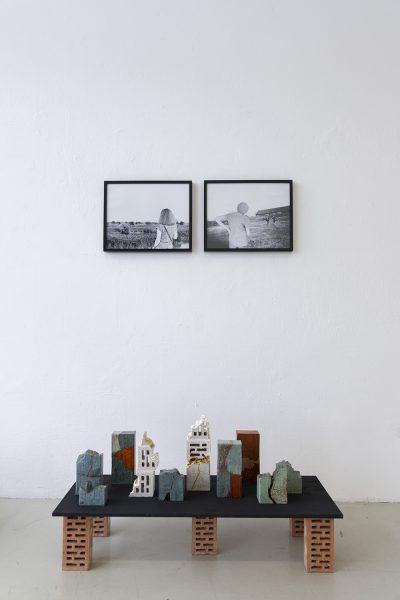
Photocredits by Marisel Bongola
A One Hundred Lives Long Journey by Renée Renard
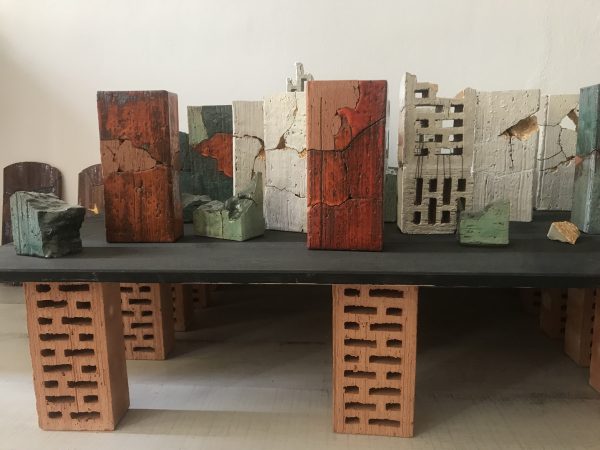
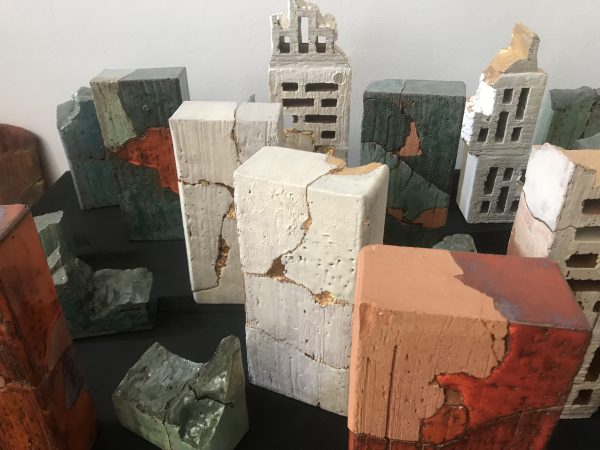
A One Hundred Lives Long Journey is the story of my family with roots in the Lorraine and the Schwarzwald of the 18th century. I reconstituted it from photographs, documents and letters found in an old box which I did not have the strength to open for many years. It is a late but absolutely overwhelming understanding of what “leaving”, “separation”, “uprooting” really means: the deportations of my grandparents to the Soviet Union, of my great-grandparents to the Baragan, of my father to the Danube-Black Sea Canal… The complex and painful processes you have to go through when you are forced to live as dictated by HISTORY. But an equally deep understanding that you can return “home” even if there is no home anymore; and that the power of faith and the survival of the Spirit will save you even when History seems to have taken away every chance.
About my grandfather Ioan Nicolae Renard I knew almost nothing. The only information I had was a photo and a sentence of the court declaring his death on 01.24.1946, at the labour camp nr.1651 in Ufalo/ Soviet Union.
One morning, while working on this project, I was thinking of him again. That he was probably mistakenly put on the list of 68,000 persons of German origin which were deported to the Soviet Union in January 1945, although he was of French nationality. And that he probably died of hunger, cold, exhaustion, helplessness. Suddenly, in the middle of my thoughts, a bird powerfully hit the window. I had never experienced something like this before and I wondered if it might be true that birds are messengers of Heaven. The same evening I received absolutely unexpected information about him … photos from his childhood, long lost stories and the news that actually, in that labour camp, my grandfather had committed suicide.

Dreamcatcher
The Yalta Treaty in February 1945 which put Romania under Soviet influence has dramatically changed the country’s history and fate of many families. In 1945, at age 35, my maternal grandfather was deported to the Soviet Union along with his brother, his sister and other 68,000 people. A few days after he turned 43, my paternal grandfather committed suicide in labour camp nr.1651 in Ufalo/ Soviet Union. In 1951, my great- grandfather and great-grandmother were 68 and 66 years old when they were deported to the Baragan, along with 40,320 other people, being forced to live in a hole dug in the ground. At 18 my father was sentenced to four years hard labour on the Danube–Black Sea Canal, where nearly 100,000 other people served many years for imaginary delicts. At 19, my mother was expelled from University, like many others in those days. Stories of life told in one phrase. But a phrase heavier as the world itself… or as an endless forest where you feel like loosing your roots and can’t see the sky anymore.


Farewell. Forever.
March 18th, 1955.
My grandmother Aurelia Prinz says Farewell to her father, Dominic Haman. Recently returned to Triebswetter after four years of deportation to the Baragan, dispossessed from their house, factory and land, my great-grandparents were forced to leave Romania permanently. Although my great-grandfather lived until 1964, my grandmother was never granted permission to meet him again.
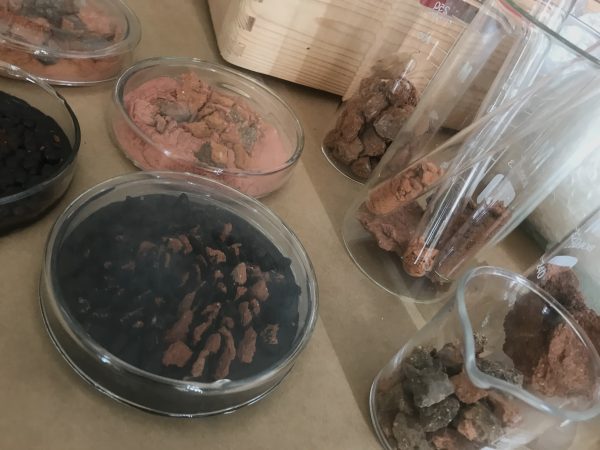
From the Soviet Union, With Love
My grandmother carefully preserved all the letters my grandfather sent her from the Soviet Union in a wooden box with a painted lid. I had a hard time deciding if I should dare to read thoughts definitely not addressed to me or if they needed to remain forever closed in that box. I found a letter of encouragement addressed to my grandmother, hastily written on the day of his deportation to the Soviet Union; postcards with the ink already faded away but with the “censored” stamp still intense as in the first day; a photo taken in the labor camp, where only the eyes remained alive in my grandfather once so handsome; a letter on a parchment so thin that the letters on one side and the other overlapped in a new script, almost incomprehensible; small pieces of paper sewn to each other, to hold as many words as possible. I learned that in Russian “skoro domoi” means “going home soon” and that these words were always pronounced in the hope that one day they will really come true. And I understood that, at some point, the hardest thing in life can be to find a piece of paper to write home.
The Romanian Cultural Institute is not responsible for the content of the project or how the results of the project may be used. These are entirely the responsibility of the grantee.
Photo Copyright Mute Insurgent 2024 & Renèe Renard
Supported by

